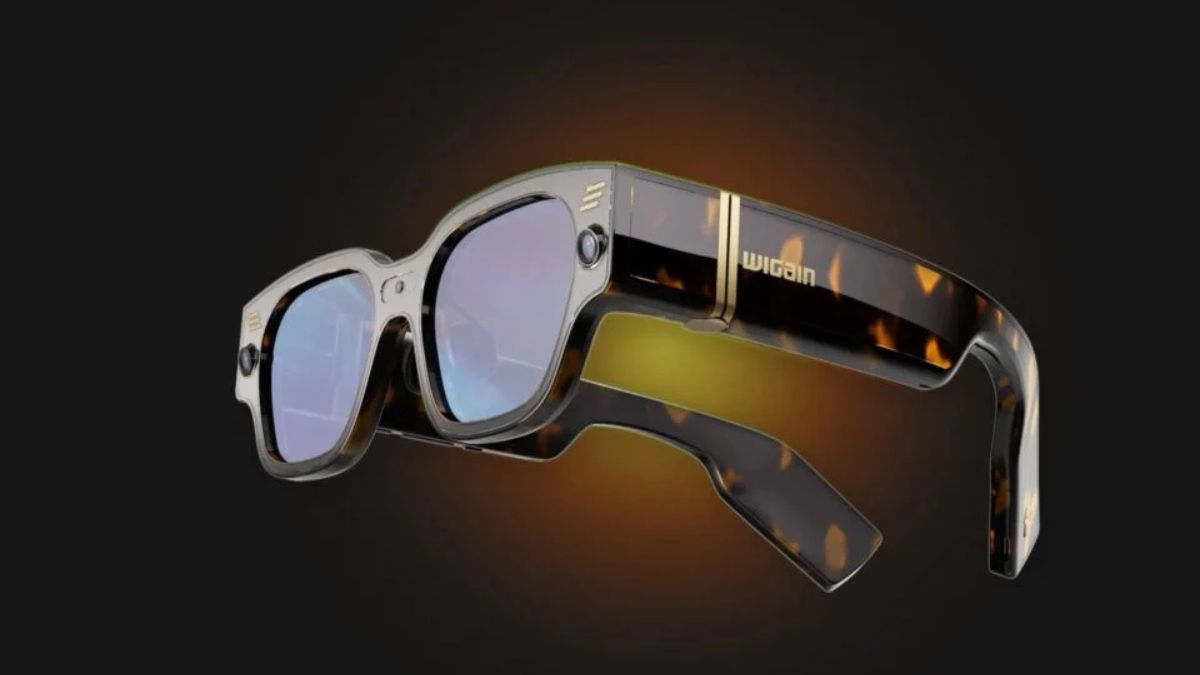A Chinese company has unveiled augmented reality glasses that it claims can be mass-produced now, potentially beating Meta’s planned 2027 release of similar technology.
Wigain, a Chinese AR company, has announced its Omnision glasses featuring full-colour displays, 900 nits brightness, and a 50-degree field of view. The company says the glasses are ready for mass production and available for pre-order, contrasting with Meta’s prototype Orion glasses which remain years away from consumer release.
The Omnision glasses use Sony micro-OLED screens with 800p resolution and are powered by Qualcomm’s XR2 Gen 1 chip. Wigain claims six hours of battery life and a weight of 120 grams, with an optional Wi-Fi 7 station using the more powerful Gen 2 Qualcomm chip for enhanced performance.
The glasses were recently demonstrated at an expo in Osaka, Japan, lending credibility to the company’s claims about their functionality. However, the actual performance and build quality remain to be independently verified.
Wigain represents part of a broader trend of Chinese companies advancing in AR and extended reality technology. Xiaomi recently unveiled XR glasses that reportedly outperform Meta’s Ray-Ban smart glasses in several areas, including battery life, video recording capabilities, and additional features like mobile payments.
The Chinese glasses offer double the battery life of Meta’s Ray-Bans, can record video for 45 minutes compared to three minutes, and include first-person video calling and QR code payment features at a similar price point.
This development highlights the competitive pressure facing Meta, which has invested billions of dollars annually in AR research and development. The company’s Orion prototype glasses, demonstrated last year, are not expected to reach consumers until 2027.
The advancement of Chinese AR technology mirrors similar patterns in other sectors, particularly electric vehicles, where Chinese manufacturers have gained significant technical and cost advantages over Western competitors.
For consumers, particularly in markets where Chinese technology products are readily available, these developments could mean earlier access to advanced AR capabilities at competitive prices.
However, the success of Chinese AR glasses in global markets may face similar political and regulatory challenges to those encountered by other Chinese technology products in certain regions.











